The persistent challenge of Salmonella and the promise of phages
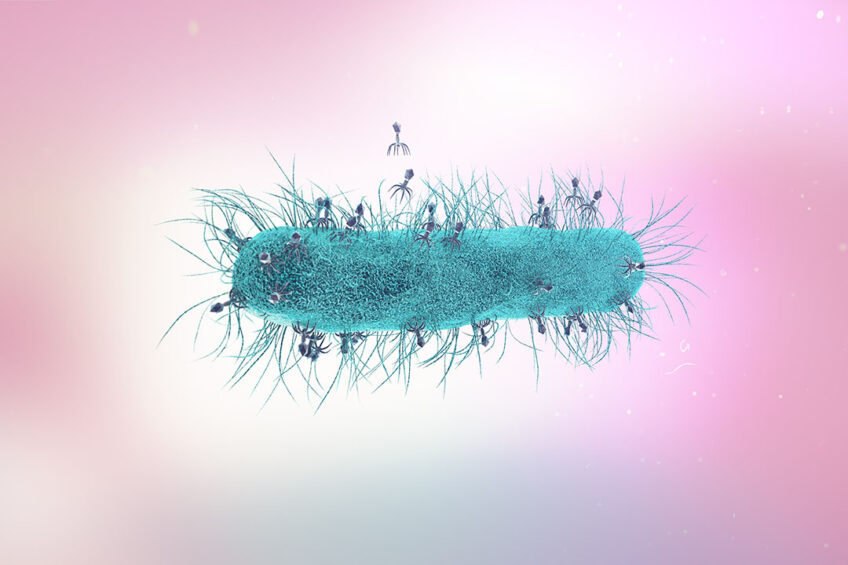
What do Alexander the Great, Prince Albert Coburg and Franz Schubert have in common? Although, they have lived centuries apart, they are all thought to have died of salmonellosis.
Salmonella is an ancient microorganism, which caused millions of deaths over the course of human history, with the first major outbreak dating back to 430 BC, when typhoid fever claimed the lives of one-third of the population of Athens. In the early 1600s, the entire colony of Jamestown in Virginia was eliminated, most probably due to Salmonella infection.
Those fatal outbreaks continued until the source pathogen was finally identified in the 19th century. The development of vaccines, immunisation of society and improvements in public sanitation (e.g., the chlorination of water) resulted in a steady decline in typhoid fever. However, even now, Salmonella infects 11-20 million people and causes about 150,000 deaths every year (WHO).
Salmonella – undemanding and difficult to control
In this day and age, why is Salmonella so difficult to control? Salmonella is an undemanding organism. In the context of public health, its ubiquity combined with multiple virulence factors and the ability to produce biofilm makes salmonellosis the second most common foodborne infection in the world. This pathogen is able to remain in a dormant state from months to even years and can be found nearly anywhere, including in live poultry, meat, eggs, dairy products, and even in plants like lettuce, cucumbers and feed ingredients such as soy and grains. The intensive livestock and aquaculture production, as well as worldwide transport of food and feed ingredients, significantly accelerated the spread of Salmonella. When favorable conditions arise, this bacterium proliferates rapidly, endangering both animal and human health.
The obvious solution to contain the prevalence of Salmonella is to break the transmission routes at the very beginning. Therefore, elimination of contaminated foods and the preservation of feed for livestock is crucial in upholding human health and well-being.
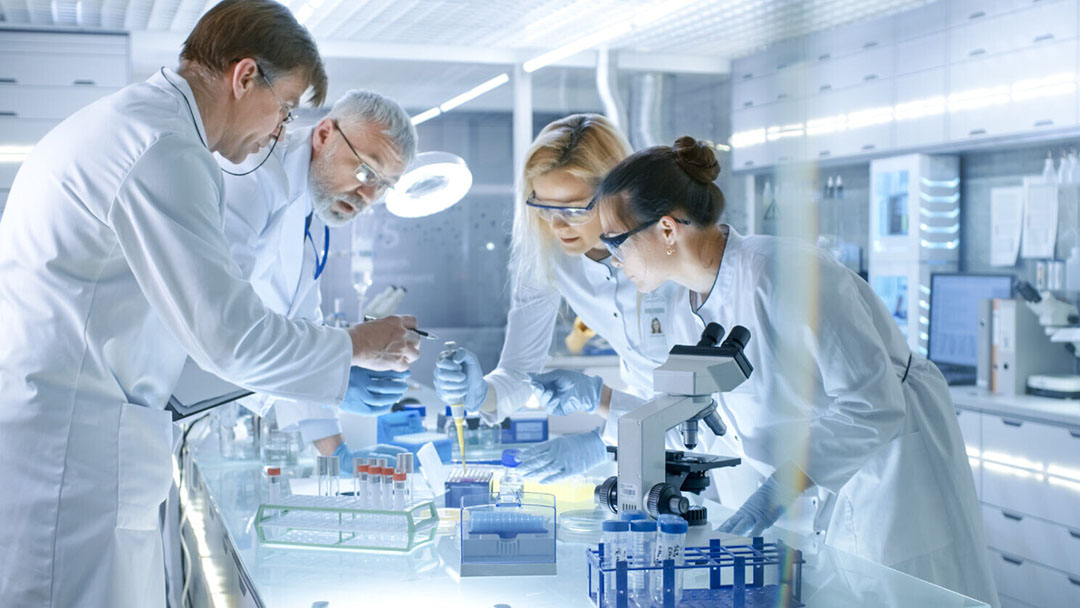
But how do we achieve that goal? Heat treatment and chemicals can be applied only to limited areas of food and feed production and cannot reach all pathogens. The antibiotic use in everyday life has had a devastating effect of antibiotic resistance. Moreover, antibiotics are not selective – they destroy all bacteria they encounter and therefore significantly limit the natural microflora. Without it, both humans and animals are prone to even more severe infections as we don’t have our natural barriers up and ready.
Solutions inspired by nature
In light of the present challenges, it’s logical to lean into nature-inspired solutions. This is how the scientific community started to focus on bacteriophages and the authorities and food producers shortly followed this new yet old trend.
Bacteriophages, called phages for short, are as old as bacteria, as ubiquitous as bacteria and as natural as bacteria. Why? Because bacteriophages are the bacterial nemesis. They are also the main competitor of antibiotics, at least that was the case back in in the early 20th century when both phages and antibiotics were discovered and the first attempts to use both on a large scale were made.
Antibiotics prevailed back then, because they were easier to understand and implement than bacteriophages. With the current state of technology and science, dark ages of bacteriophage oblivion came to an end and only now are they regaining their rightful glory.
Phages – bacterial predators
There are many advantages in bacteriophage application, probably the most important being their extreme precision in targeting the pathogenic bacteria, which leaves the natural microflora intact. Phages are also fully biodegradable and self-limiting, as they multiply only in the presence of the target bacteria at the site of infection. Moreover, it was proven that oral consumption of phage products is absolutely safe and that phages, being the most abundant organism on earth, are recognised as a normal component of an everyday diet.
Finally, it is extremely easy to find new bacteriophage components in the environment. Phages, as bacterial predators, are co-evolving with the target bacteria and outnumber them tenfold, enabling successful identification and isolation of phage-based solutions for eradication of emerging pathogens, like Salmonella, from feed and food.
That is why for the past 18 years it has been the mission of Proteon Pharmaceuticals to introduce high quality phage products for livestock and aquaculture. Our phage cocktails, dedicated for use in poultry production, were proven effective in Salmonella reduction. This is Proteon’s small input to increase food safety, raise the bar on the control of pathogens and, most importantly, improve our quality of life.
 Beheer
Beheer
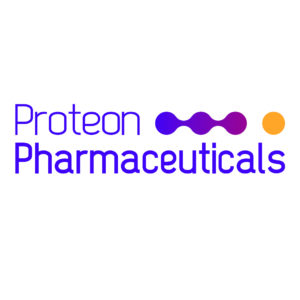
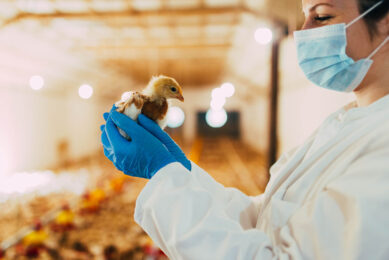

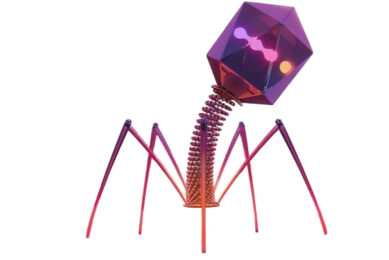
 WP Admin
WP Admin  Bewerk bericht
Bewerk bericht